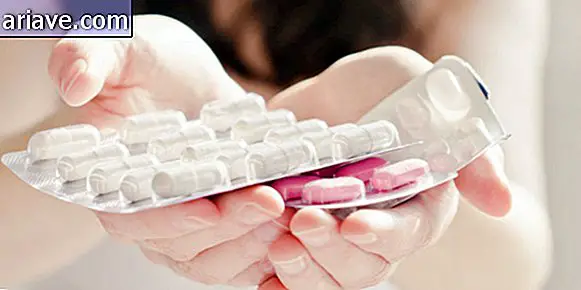You also do it: why do we fart and what makes the smell so bad?
Often treated as something out of this world, releasing gas is one of the most natural reactions in the human body. From that successful tie to the international model or the bakery uncle, each person is responsible, on average, for doing 10 to 20 puns a day - yes, so do you. Where does all this come from? A small part comes from eating air during sleep, but most are produced by bacteria in our gut, which digest parts of the food we can't consume.
Our gut is the habitat of trillions of these organisms that live in symbiotic relationship with our body. We provide a safe place for them to stay and feed while they help us extract energy from food. Other advantages this symbiosis brings us is the production of vitamins B and K, as well as boosting our immune system and other biological functions. It is in our best interest to keep these bacteria safe and sound.
They activate the fermentation of foods such as proteins and carbohydrates to unravel the material into several different elements, and one of them is gases. Hydrogen gas (H2) and carbon dioxide (CO2) are among the gaseous products of this process, but it is important to note that they have no smell. Due to the presence of specific microbes in some people's digestive systems, methane gas may also be produced, which is also odorless. So where the hell does the bad smell come from?
Who got the yellow hand?

Found in less than 1% of the gases we produce daily, the culprits for smell are volatile sulfur compounds such as hydrogen sulfide (H2S) and methanethiol (CH4S). There is usually an intensification of smell or increased production of puns as amino acids are consumed and protein-rich foods eaten.
So it's good to be aware - or at least warn friends - when consuming things like beans, dairy, potatoes, wheat products or the famous cabbage. Since we do not have the enzymes necessary to digest these types of food, the bacteria take full charge of the work, which causes more flatulence.
Gases can be annoying, but they are signs that the intestinal processes are working properly. So be polite and try not to show off the gaseous work of your little bacteria indoors, after all, you can always be up against a competitor, can't you?











